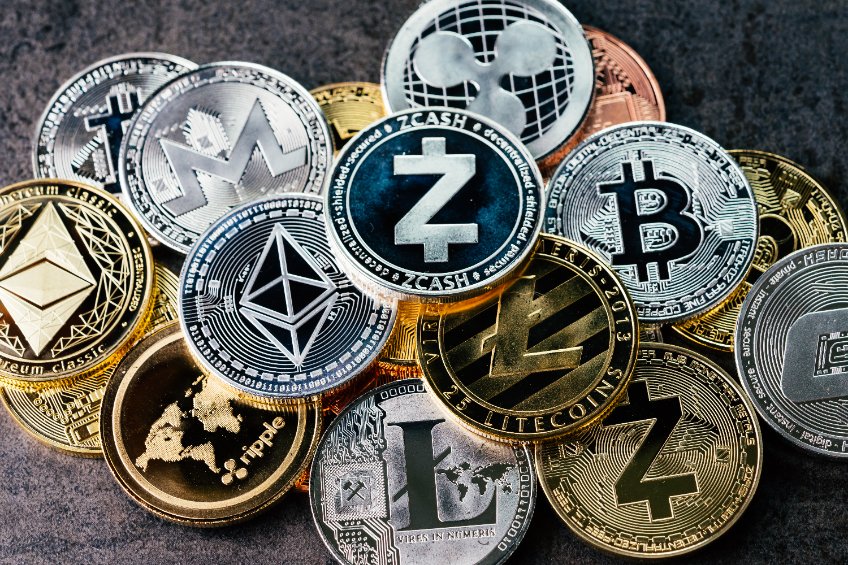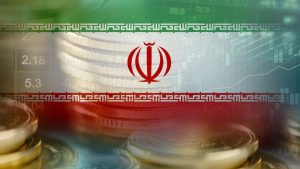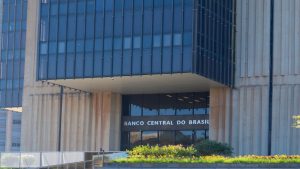Australia to map all cryptocurrencies in the country

Australia’s crypto mapping exercise seeks to help authorities know about which crypto assets are used in the country.
The review is also meant to offer insights into how to better protect investors amid potentially harmful crypto advertisements.
The government will soon introduce a consultation paper.
Australia is looking to map all crypto tokens in the country as one of the steps towards proper regulation of the crypto sector.
The review exercise looks to identify every token – from the flagship Bitcoin to the meme-inspired Dogecoin and so forth, with the aim of understanding what cryptocurrencies are used in the country.
Why map all crypto assets?
On Monday, Australia’s Treasurer Jim Chambers revealed that the country was prioritising token mapping to identify what cryptocurrencies were being used in the country.
The exercise is expected to help authorities and other stakeholders better understand the industry, with the goal being consumer protection via a broader framework. Per Chambers, the public will soon be able to participate in the activity, noting that a consultation paper over the same is imminent.
Caroline Bowler, CEO of Australia-based crypto exchange BTC Markets noted that “token mapping is a good step forward,” stating in a tweet that this is an opportunity for the country to ramp up crypto registrations.
Among things authorities are looking to bring under control include the regulatory and licensing mechanisms and undertakings. The government will also look at crypto custody offerings and obligations of third-party providers.
Also important to regulators is the need to ensure investors enjoy safeguards against potential harm related to the proliferation of crypto adverts.
Earlier this year, the Australian Competition and Consumer Commission, a competitions market watchdog, filed a case against Meta (formerly Facebook) over its role in promoting fraudulent crypto promotions, citing several adverts that were largely scams.
The Australian government’s move comes at a time the country’s central bank is working on efforts to roll out a central bank digital currency (CBDC).
The Reserve Bank recently announced the digital currency plan, revealing it would first have a pilot.













